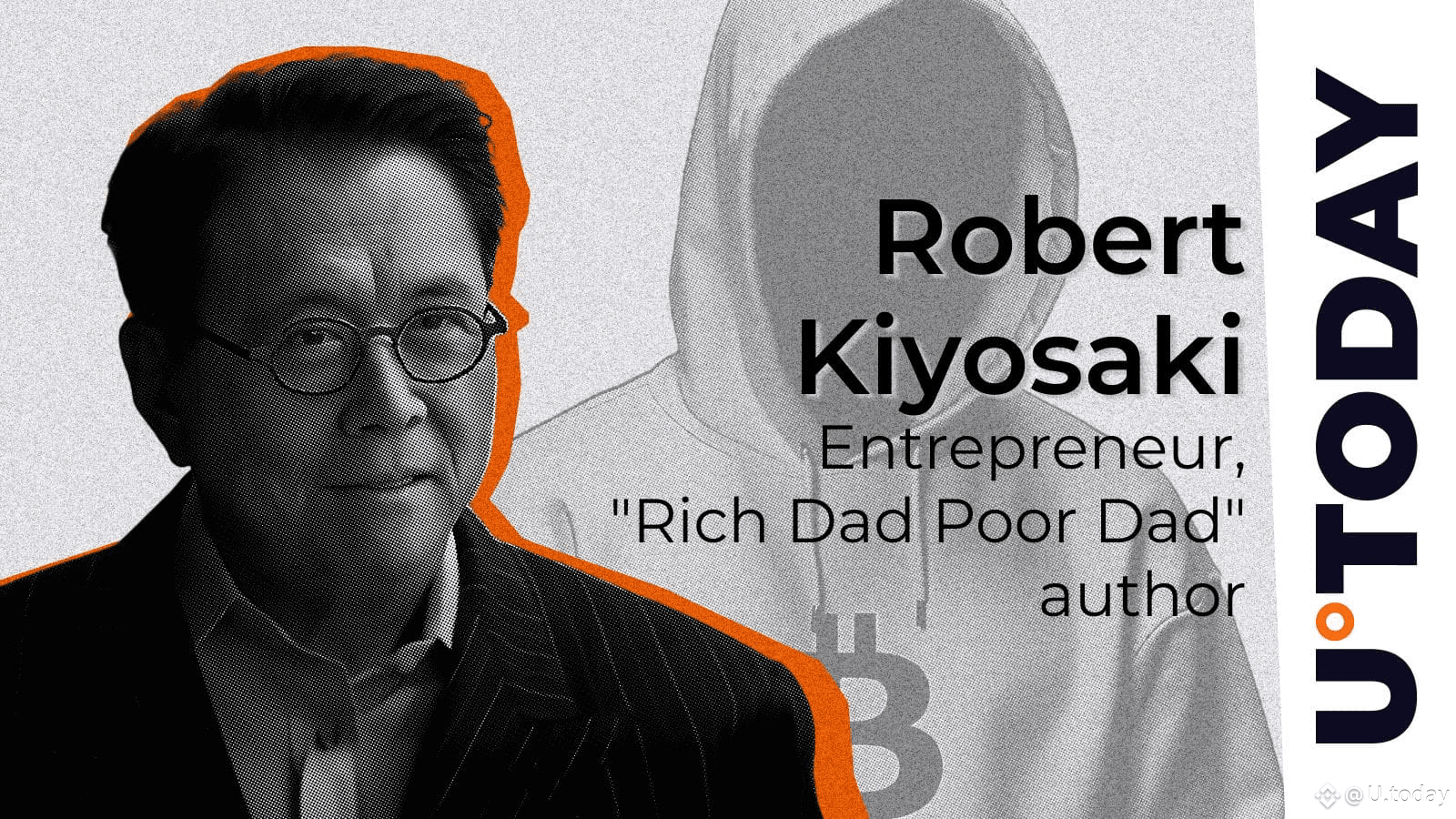
Robert Kiyosaki did not set out to become a Bitcoin millionaire. In fact, according to theauthor of "Rich Dad Poor Dad," it happened more or less by accident — thanks to a few early purchases and what he now calls the "sheer genius" of Satoshi Nakamoto's original design.
The personal finance guru made a name for himself (and a fortune) by talking about the value of real estate and gold, but he recently admitted thatBitcoin was the easiest way for him to make money.
card
No mortgages, no tenants, no daily stress — just a small allocation that sat untouched while the market did its thing. "Set it and forget it," he wrote. And he forgot it too, until the value shot up into the millions.
ANYONE CAN BECOME a MILLIONAiRE: I can’t believe how Bitcoin makes becoming rich so essy. Bitcoin is Pure Genius asset design. No mess no stress. Just set it and forget it. I made my first million in real estate. That took hard work, lots of risk, lots of money, lots of…
— Robert Kiyosaki (@theRealKiyosaki) August 6, 2025
With U.S. inflation still above target and central bank policy under pressure, his story is a classic case study in long-term, low-effort conviction.
Bitcoin in 2025
Bitcoin has pulled back from its earlier 2025 highs, but it is still one of the most talked about and polarizing assets in modern finance. Kiyosaki did not share how much or when he invested, but he did say that it was the long-term plan that made him money, not trying to time the market.
He is commenting at a time when Bitcoin's long-term use is still splitting opinion at institutions. While some people are still unsure about how volatile it is and what the future regulations will be, others say that its performance over the last 10 years shows that the basic designcreated by Satoshi Nakamoto in 2008 has been able to cope with pressure.
card
For Kiyosaki, it was not just about price movement. It was about owning an asset that did not need constant attention, active management or intermediaries. He said the experience was "easier than any property deal" and suggested that Bitcoin's success in his portfolio came not from financial strategy but from having the patience to wait.

